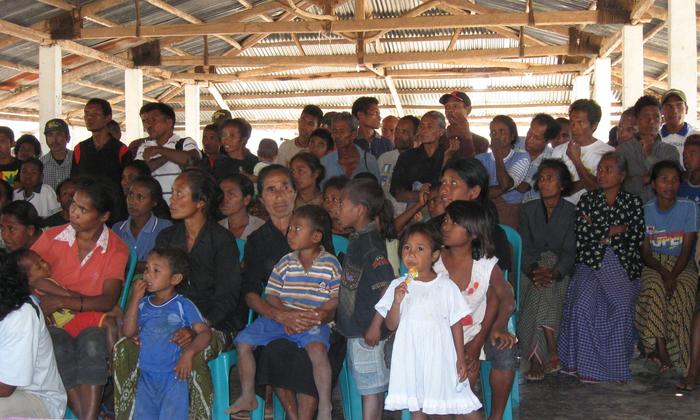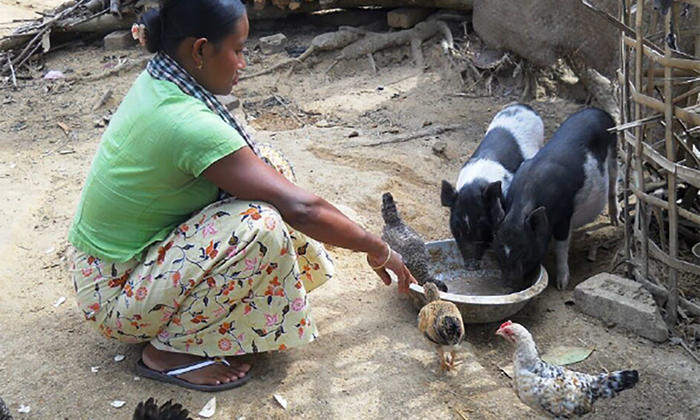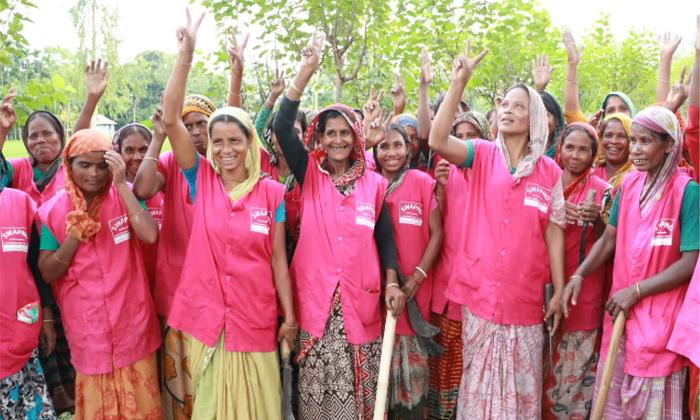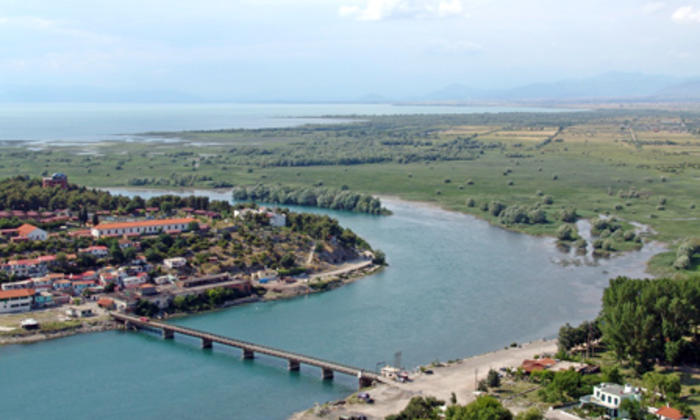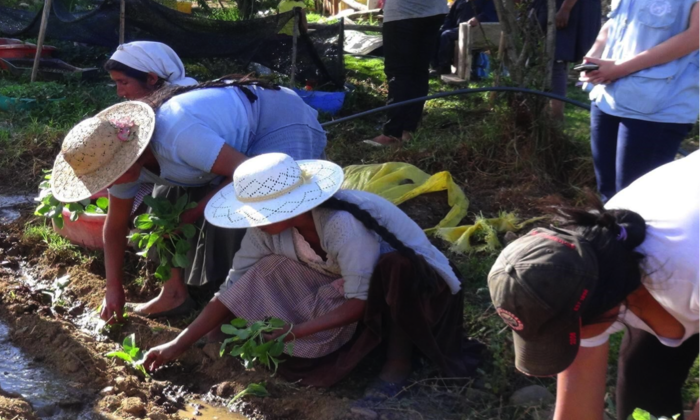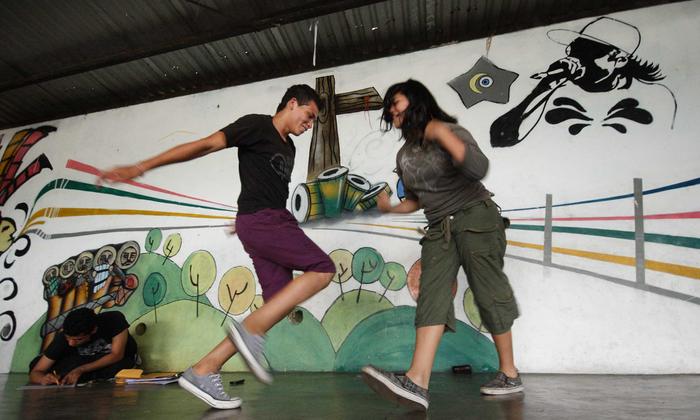Most of the Tanzania’s population still has little or no access to portable water, basic sanitation and health services
Case study
Tanzania: Joint Programme to Support Tanzania’s Productive Social Safety Net
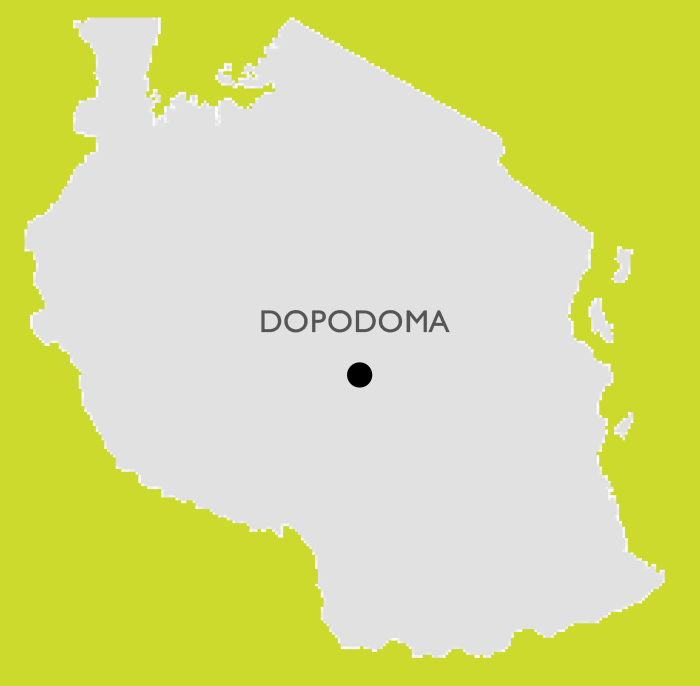
SDGs ADDRESSED
This case study is based on lessons from the joint programme, Joint programme to support Tanzania’s productive social safety nets (PSSN)
Read more
Chapters
Project Partners
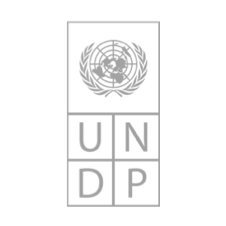
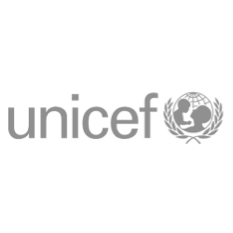
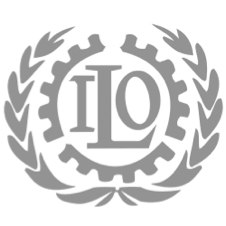
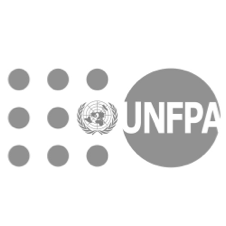
1. SUMMARY
The joint programme supported the Government of the United Republic of Tanzania to expand its flagship national social protection programme—the Tanzania Productive Social Safety Net (PSSN). The programme used conditional cash transfers to promote employment through public works programmes. It also raised awareness about family planning and the importance of primary and secondary education for getting out of extreme poverty.
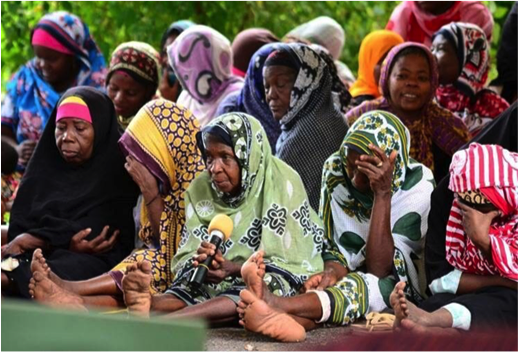
Women beneficiaries attend trainig on infant and young child feeding
2. THE SITUATION
Tanzania has recorded economic growth averaging 6-7% a year since 2001. But the number of people living in poverty has continued to grow because of the low impact of economic growth on poverty reduction and the high population growth. Except for some progress in areas such as child survival (reduction of child mortality rates) and school enrollment, improvements in human development in Tanzania have been marginal, the poverty rate has only marginally declined, from 34.2% in 2007 to 26.8% in 2016.
The majority of Tanzania’s population still has little or no access to portable water, basic sanitation and health services, schools, as well as communication and transport services. All these factors hamper local economic development. Fast population growth and high fertility rates further contribute to poverty, especially in rural areas.
According to the ILO, social security coverage in Tanzania is less than 1% for the entire population, and about 6.5% for the formally employed population. Almost the entire informal sector is not covered by any form of social security. As a result, most of the population, including almost workers in the informal sector, the self-employed and the unemployed do not have protection in case of emergency. In order to address poverty, the Government of Tanzania decided to scale up one of its programmes—the Tanzania Productive Social Safety Net (PSSN)—to reach all people living below the food poverty line. The goal was to enable these households to access food, income, and health services, with a focus on pregnant woman and children under 5 years.
PSSN also aimed to increase school enrollment and improve school attendance. At the time of joint programme formulation, PSSN reached 15% of the poorest people, with the number of direct beneficiaries at 5,222,309. The total number of female beneficiaries was 2,674,794, representing 52% of the total. PSSN provided cash transfers to poor and vulnerable households, conditional on their use of health and education services, along with opportunities to earn additional income through public works projects.
3. STRATEGY
The joint programme strategy was developed at the request of the Government of Tanzania to expand the PSSN and improve the programme efficiency. The joint programme focused on strengthening inter-sectoral coordination, implementation and delivery systems to support sustainable livelihoods and resilience mechanisms for poverty reduction. It was designed in consultation with the Ministry of Finance and the Tanzania Social Action Fund (TASAF) fill gaps in the PSSN and support sustainability of results.
The programme promoted an integrated approach to poverty and malnutrition, where the UN agencies worked closely with national partners to sustain poverty eradication efforts at the household level. Each UN agency brought its experience in gender mainstreaming, nutrition, family planning and youth employment. The strategic approach focused on supporting of the National Social Protection Framework; improving the PSSN by strengthening programme implementation and delivery systems (including M&E systems); and strengthening sustainable livelihoods and resilience mechanisms for PSSN beneficiaries through training and outreach.
The joint programme allowed the UN agencies to pilot several activities by introducing the Stawisha Maisha community engagement toolkit for PSSN beneficiaries in two districts: Unguja North B (Zanzibar) and Mbeya District Council (mainland). The Stawisha Maisha (Nourishing Life) pilot aimed to enhance PSSN’s community sessions by engaging women beneficiaries, caregivers and grandmothers in feeding of infants and young children. The joint programme also introduced Pilot Cash Plus, which focused on extremely poor adolescent youth. It helped them successfully transition to adulthood by providing cash transfers and life skills training. In addition, the joint programme supported staff from the TASAF staff, helping strengthen the links between PSSN mechanisms and their participants.
4. RESULTS AND IMPACT
Programme activities supported TASAF, which has a decentralized system and about 1.1 million households enrolled from Tanzania’s mainland and Zanzibar. The programme focused on strengthening delivery systems, including links with nutrition services and programmes. The programme helped TASAF develop a pilot known as Stawisha Maisha, which aimed to enhance PSSN community sessions by engaging women beneficiaries, caregivers and grandmothers. In total, 10,272 PSSN beneficiaries were trained with a special focus on infant and young child feeding. In addition, 986 TASAF staff at headquarters, district and ward levels were trained on using the toolkit, and on monitoring the groups. The joint programme also provided technical support to TASAF to review and update its communication and advocacy strategy.
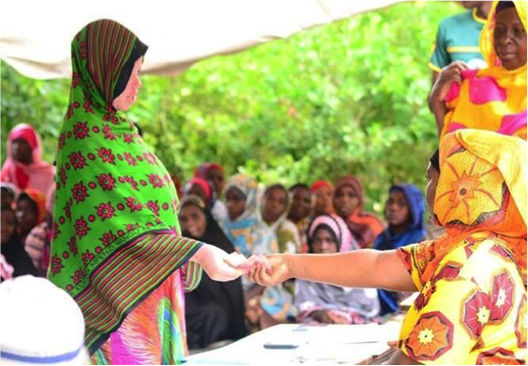
Ms. Amina Kificho receiving her cash that helps her children to receive medical service
This improved understanding of the PSSN programme among different audiences, including programme beneficiaries and high-level policy makers involved in the design of the programme’s.
The joint programme enhanced PSSN’s training materials, which improved implementation and allowed poor and vulnerable households to earn more and become more self-reliant. A total of 1,273 beneficiaries were targeted for family planning awareness sessions on the mainland and in Zanzibar. This livelihood enhancement pilot model focused on improving access to advice and information, enhancing the capacity of the extension officers, and training staff to provide basic advice and guidance to beneficiaries. The pilot addressed challenges related to the shortage of extension services, lack of access to market and information on livelihood enhancement activities, as well as beneficiaries’ limited skills and knowledge. In total, 529 beneficiaries from 10 villages in Kibaha DC and Unguja participated.
The joint programme also developed sustainable livelihood and resilience mechanisms for 1,000 youth (between 15-35 years, with young women making up 52%) through strengthening entrepreneurship skills and providing post-training support. The economic opportunities improved the livelihoods of these individuals and their households. In addition, 1,040 young people, aged 10-24 years, benefited from sessions on sexual and reproductive health as part of the Cash Plus pilot. It focused on 2,500 extremely poor adolescent boys and girls from 14-19 years who lived in households that were part of PSSN. The pilot provided not only cash transfers but also life skills training, reproductive health education and services, mentoring, and support during the difficult transition to adulthood.
In terms of institutional support, the joint programme worked with the Zanzibar Ministry of Labour to conduct training designed to enhance coordination, enforcement and implementation capacity of social protection interventions at local government, ministerial and agency levels. The programme helped the Government of Zanzibar develop a child protection policy that ensures coordination of child-related issues, reinforces synergies and avoids duplication. At the national level, the UN agencies supported the drafting of the Social Protection Framework.

5. CHALLENGES
During programme implementation, several government institutions, including TASAF, were undergoing a reform process, which caused delays in implementation of joint programme activities. Technical support was provided to TASAF to accelerate implementation of activities such as the development of the Livelihood Enhancement Framework and Handbook as well as a concept note on a PSSN gender-sensitive and sustainable livelihoods model. Regular consultations with partners helped identify challenges and led to support where it was needed. The delay and ultimately non-approval of the National Social Protection Framework limited the UN’s ability to provide timely support under the joint programme. The Government of Tanzania decided to develop a new National Social Protection Policy and merge with the National Social Protection Framework. ILO and UNICEF supported the Government’s review of the current National Social Security Policy (2003) and develop more comprehensive national social protection system. Developing a strong National Social Protection Policy will create more stable social protection efforts with budget allocation.
6. LESSONS LEARNED
- Transparency and mutual accountability are crucial for delivering a complex programme that involves many UN agencies and national partners. A successful programme must include regular coordination meetings to share information, provide technical support, and allow for consensus to be reached on actions and messages.
- A matching funds system allowed for better synergy of activities between UN agancies and national partners. The matching funds improved the joint programme’s efficiency by allowing more people, including TASAF recipients, to participate in the programme. It also improved quality of service by training the service providers.
- The strong emphasis on saving groups had a positive effect in the villages. Village-based systems for Cash Plus improved the community’s understanding and its sense of responsibility for its own development. The pilot Cash Plus model had positive results on young people, who saved money and started income-generating activities as individuals and groups.
7. SUSTAINABILITY AND POTENTIAL FOR REPLICATION
The joint programme provided a renewed and comprehensive focus on poverty, inequality, income distribution, governance and social inclusion in Tanzania. A multisectoral and multi-stakeholder approach to poverty and malnutrition through the Stawisha Maisha pilot was successful and and was later expanded. The joint programme used existing structures to implement activities that ensured ownership and sustainability. Specifically, the TASAF improved the quality of its monitoring and evaluation and reporting mechanisms to ensure sustainability of programme results. Moreover, the Prime Minister’s Office improved the effectiveness of its social protection coordination at sector and national levels. The pilot Cash Plus model has high potential for replication as it has showed positive outcomes to support poor youth in their transition to safe adulthood.
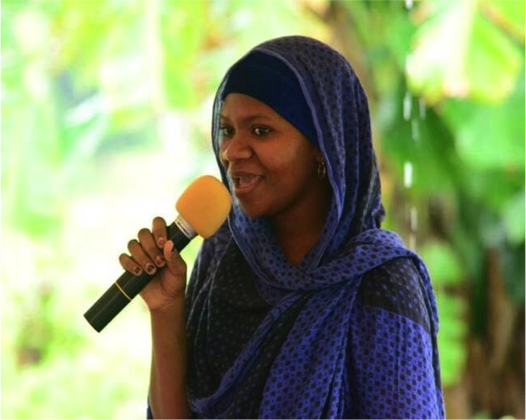
Ms. Kazijya Kila, one of the joint programmes particionts is sharing her exprience on she improved her entrepreneurship skills and started her own income-generating activity

